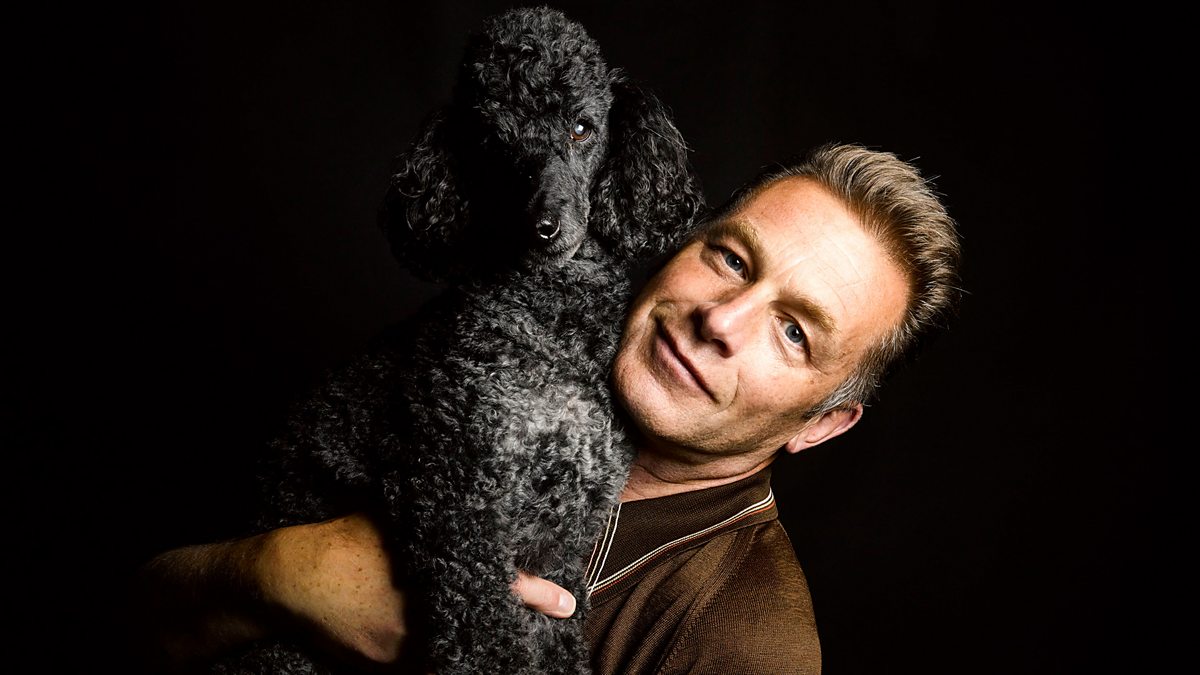Did anyone (apart from myself) watch this brave and, I thought, sympathetic documentary? For me it taught a lot about the condition, to which my father too was subject - myself having only found out about the existence of Asperger's from a ST article a couple of years before his death - as well as the aspects of it to which I now realise myself to be prone. Asperger's puts one at odds with many everyday aspects of life - difficulties in connecting with others versus sensory overload in normal circumstances such as crowds or loud music performances, and craving for simplification being just three among a vast potential symptomatic range. Forumites might have found it instructive, if not revelatory. Charlotte Corney, Chris's partner, came across as selfless almost to the point of sacrifice; such is love, one can only guess, and one can only wish both of them the strength of character each possesses sufficient to sustain their relationship.
Here's the link - also well worth a second viewing:
Here's the link - also well worth a second viewing:


Comment